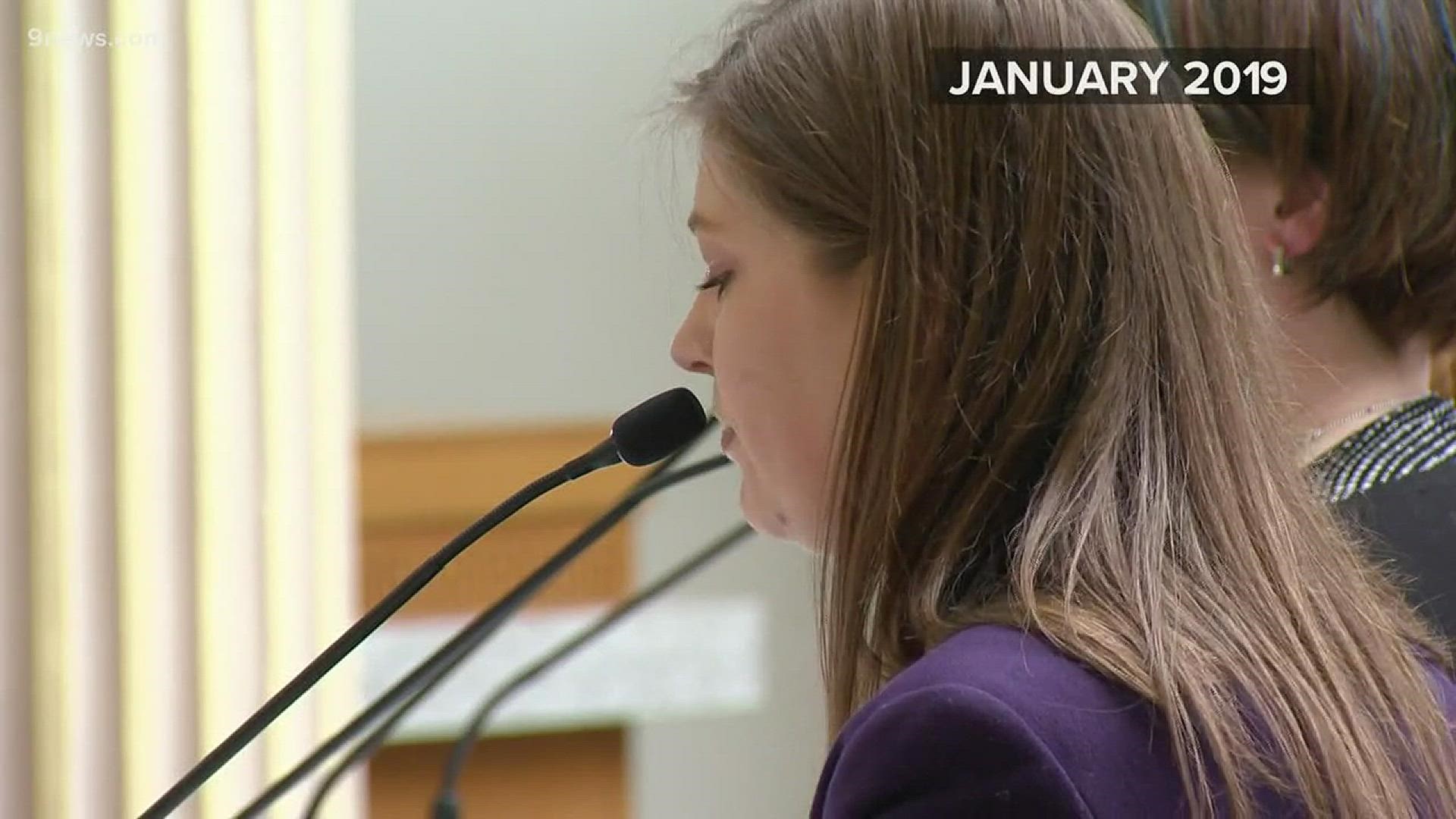DENVER — A bill that proposes changes to Colorado's sexual education courses in public schools has some prompted some heated debates at the State Capitol.
HB19-1032 would require school districts who choose to provide sex ed courses to teach a comprehensive curriculum, meaning more options for students other than abstinence. The bill does not require schools to teach sex education.
Last week, the bill passed the Colorado House, controlled by Democrats, by a vote of 39-23. It now has its first hearing Thursday at 1:30 p.m. in front of the Health and Human Services Committee.
It's similar to a bill then-Governor John Hickenlooper signed into law back in 2013, which required schools to use LGBTQ-inclusive language. This time it requires students to be taught consent. A grant program would be created for schools who want to teach these courses but don't have the money to do so. The new bill would not allow exemptions for charter schools to teach sex ed classes without meeting the state's requirements.
Larger school districts in Colorado said if the bill passes it wouldn't change much of their already-existing curriculum.
Denver Public Schools uses two programs to teach students starting in the 5th grade. One program is FLASH which stands for Family Life and Sexual Health. It includes five lessons for fifth graders and eight lessons for students in middle school using age-appropriate, medically accurate and scientific-based information, according to Rose Barcklow, the sexual health specialist for the school district.
"In fifth grade, they learn puberty and reproductive anatomy," Barcklow said. "They're also learning about healthy communication skills. In middle school, they're relearning some of the anatomy. They're also learning how to say no and they're learning some healthy communication skills as well."
DPS uses a curriculum called Positive Prevention Plus for its high school students.
"We're learning about birth control, STDs, abstinence, media and peer pressure, goal setting, healthy communication and consent," Barcklow said.
Jefferson County Public School said it teaches students about preventing STDs, puberty and emotional changes among other issues.
Douglas School District said its curriculum changes from school to school, but they all meet the state's requirements.
All districts, however, said they don't teach one thing critics of HB19-1032 have falsely stated -- teaching sexual positions or techniques.
"None of our lesson plans in 5th grade, middle school or high school teach any of that," Barcklow said.
The bill's opponents have said they find that hard to believe, especially if HB19-1032 becomes law.
"Now, the legislature said they're not going to talk about specific acts in the classroom, but I don't know how you can teach about sexual and relational experiences without getting explicit," said Jeff Johnston, a culture and policy analyst for Focus on the Family based in Colorado Springs.
Johnston said he believes the bill is unconstitutional because "Colorado State Constitution makes it clear that local districts will control the instruction in public schools in their districts" and this bill would give control to the state.
"We think that parents have better control when they're able to give feedback to the local school district," Johnston said.
DPS does offer parent feedback when they send out their curriculum of what students will learn, even offering workshops for parents to attend before a course actually starts "so they can be really informed about whether they want to opt their child in or opt their child out of that curriculum," Barcklow said.
SUGGESTED VIDEOS | Local stories from 9NEWS

